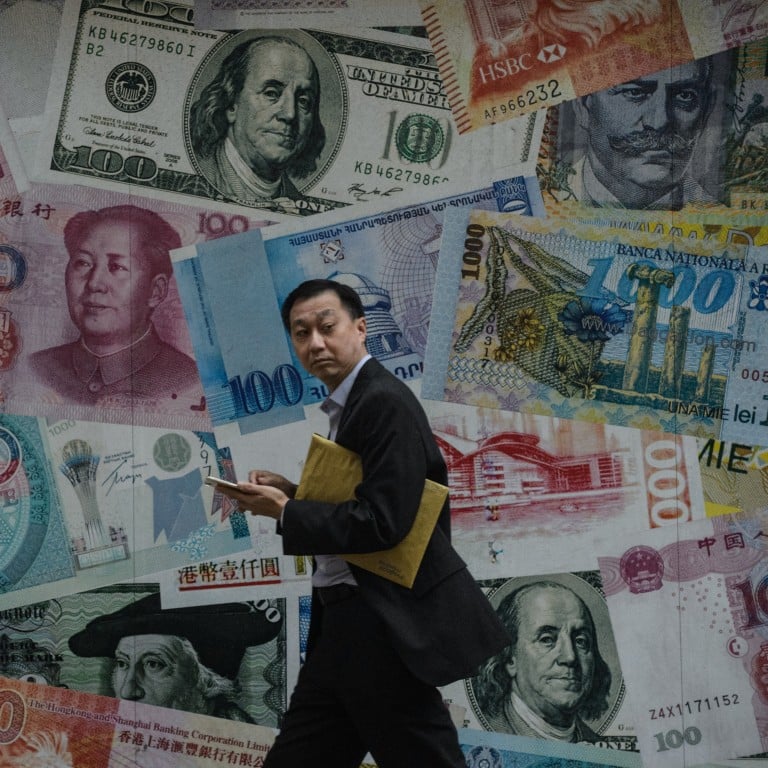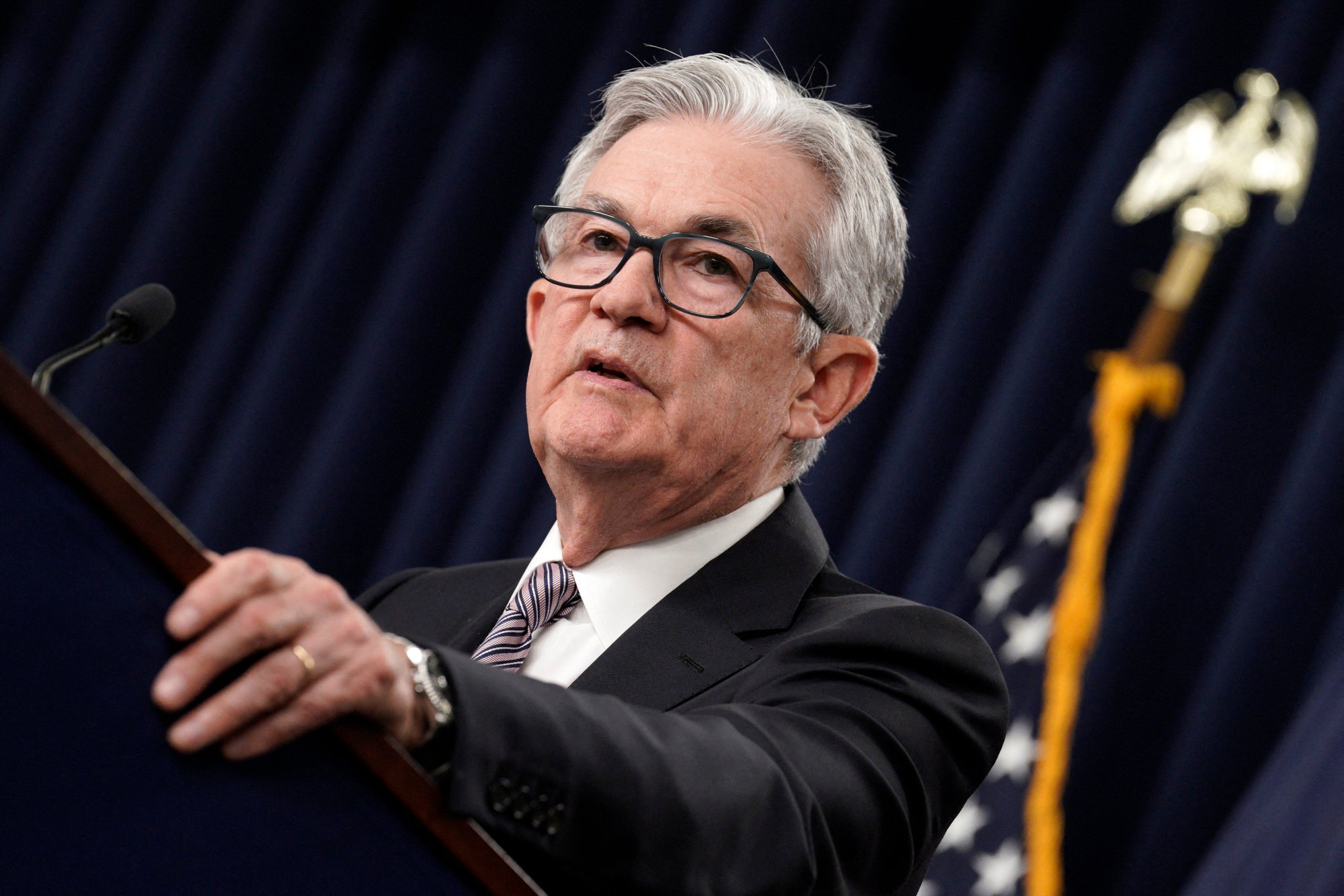
Hong Kong holds base rate at 5.75% after Fed’s unanimous vote to keep watching for signs of slowing US inflation
- Hong Kong Monetary Authority left its base rate at 5.75 per cent on Thursday, hours after the US Federal Reserve voted unanimously to maintain its watchful stance
- Analysts have pushed back bets on a US rate cut to June meeting, while Hong Kong lenders could start cutting their prime rates later this year
The Hong Kong Monetary Authority (HKMA) left its base rate at 5.75 per cent on Thursday. Hours earlier, the Fed voted unanimously to maintain its target rate at the 23-year high level of 5.25 per cent to 5.5 per cent for the fifth straight meeting.
The Fed’s statement after their second meeting of 2024 was nearly identical to January’s, maintaining the guidance that rate cuts would not be appropriate until there is more confidence that US inflation is moving sustainably toward their 2 per cent target.
The HKMA has followed the Fed’s rate decision in lockstep since 1983 by design under its linked exchange rate system to preserve the local currency peg’s to the US dollar. The HKMA has held its base rate at current level after raising it 11 times from March 2022 to July 2023 to the highest level since December 2007.

“A rate cut is likely only a matter of timing for the Fed and HKMA, as everyone is waiting for US inflation to cool off,” said the Shanghai Commercial Bank’s Hong Kong head of research Ryan Lam Chun-wang before the rate decisions were announced. “We have passed peak rates” in this tightening cycle, he added.
Fed chair Jerome Powell had earlier said significant progress has been made in terms of slowing US inflation. The Fed and HKMA may start easing in July, and commercial banks in Hong Kong could follow by next year, Lam added.
Government reports this month showed US consumer and wholesale prices in February rose faster than market consensus, suggesting the path to the Fed’s inflation target would be delayed given a relatively strong labour market. Inflation was 3.2 per cent last month versus 9.1 per cent in the middle of last year.
“Persistent inflation means we do not think the Fed is yet able to cut rates,” Franck Dixmier, global CIO of fixed income at Allianz Global Investors, said in a note before the Fed decision. “We expect the first rate cut in June once a slowdown in the economy feeds through to lower prices.”
There is almost no chance of a rate cut in the Fed’s next policy decision in late April, while the odds for a cut in the mid-June meeting rose to 61 per cent this week versus 51 per cent earlier this week, according to data compiled by CME Group based on futures on Fed fund contracts.
Hong Kong home sales double after curbs ditched but prices have yet to jump
Hong Kong could do with lower borrowing costs sooner than later, adding another layer of support for the property market. Transactions have recently surged after the government scrapped most of its decade-old financing curbs in its Budget plans last month, while also easing home mortgage policies.
The upturn is also being aided by a decline in local interbank rates due to ample liquidity, according to Eric Tso Tak-ming, chief vice-president of mortgage broker mReferra, allowing local banks to refrain from raising their lending rates.
One-month Hibor, or Hong Kong interbank offered rate, stood at 4.6 per cent on Wednesday versus 4.9853 per cent on January 2. The three-month rate fell to 4.6762 per cent from 5.0716 per cent over the same period, according to data published by Hong Kong Association of Banks.
“Hong Kong banks could cut their prime rates later this year after the Fed’s expected rate cut in June,” Tso added. “Lower interest rates, along with the removal of the property market curbs, will create a positive impact on property transactions in 2024.”
HSBC, Standard Chartered, Bank of China (Hong Kong) and other lenders later today will announce whether they will change their prime rates and deposit rates. They raised their prime rates five times since September 2022 by a total of 87.5 basis points to the highest since 2007.
BOCHK, HSBC and its subsidiary Hang Seng Bank last raised their prime rates in July by 12.5 basis points to 5.875 per cent. The rate at Standard Chartered, Bank of East Asia, Citigroup, and CCB Asia increased by the same margin to 6.125 per cent.

